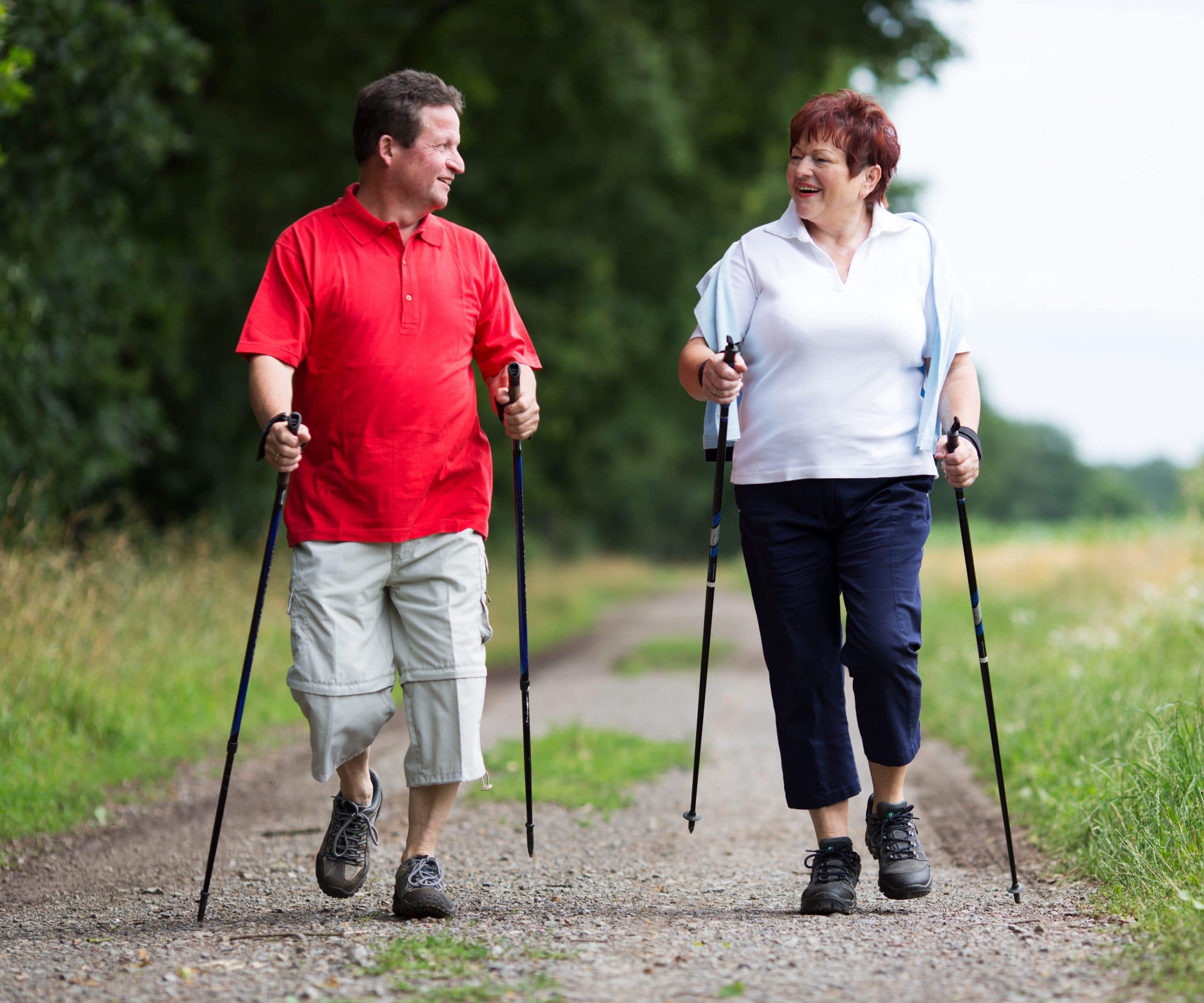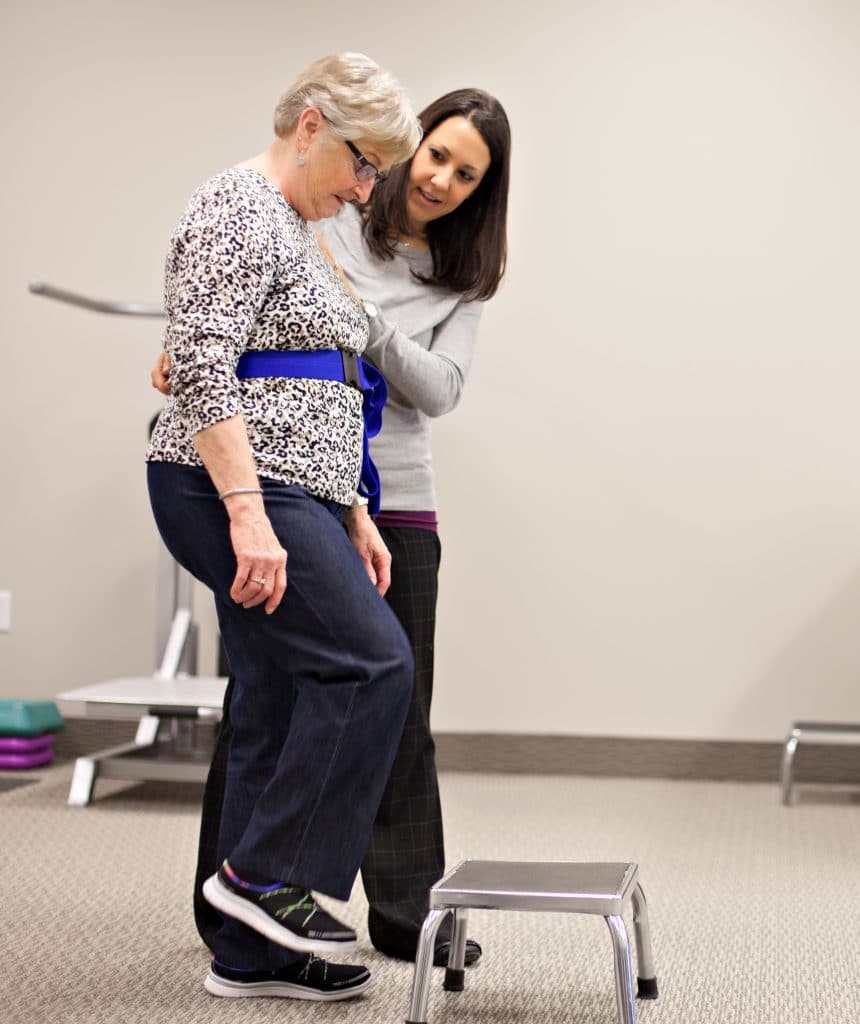Eliminating Your Fear of Falling
In today’s day and age, we are living longer, but are we living happier lives?
Independence is highly valued in our culture. Our own house. Our own car. We have learned to take pride in single handedly dealing with our own problems. Our time is valuable and our lives are busy. It is this sense of independence that drives us towards success and greater autonomy, but, ironically, can create environments of isolation and need.
All too often I witness patient stories similar to this:
Sally reports that she fell two months ago while attempting to step over a rock while on her daily walk around the neighborhood. She reports that she lost her footing and fell to the ground. Luckily, a passerby was nearby and helped her get up off of the ground. She was able to walk home with only a few scrapes and bruises. Sally reports that this is her first official time falling. She admits that she has been feeling a little bit dizzy and has been mis-stepping while navigating around her home. She has been afraid to tell her children about the fall or her trouble balancing because she knows her son will no longer want her to live alone. She can’t burden them with these thoughts and worries. This fall was the final push and now she is too afraid to go outside of her house. Sally has made excuses as to why she cannot meet up with her friends for their weekly lunch date and has only gone out once when her son was willing to come and pick her up for her granddaughter’s soccer game.

It is common for individuals to begin developing fear avoidance behaviors following even a single fall. Fear avoidance behavior is described by Tinetti et al as “a lasting concern about falling that leads to an individual avoiding activities that he/she remains capable of performing.” Frequent fears include: walking over uneven ground, fast-paced walking, walking backwards, stepping over objects, or turning. Although it is understandable as to why a person becomes afraid (these events are traumatic and potentially life changing), the response is often distorted and excessive. These behaviors can lead to further declines in mobility, higher risk of falling, loss of community participation, and a decrease in the subjective reports of quality of life.
We all know some version of ‘Sally’. It might be a grandmother, a friend, a mother, or a neighbor. People of all ages can experience feelings of disequilibrium and be at risk for a fall. Through skilled practice, modification, and education, individuals like Sally can return to the activities that give their life the greatest meaning. Physical therapists are trained to help recognize the deficits in the vestibular, visual and sensory systems that may be impacting her ability to balance and prevent falls. We are passionate about helping your ‘Sally’ identify and master his or her goals. Together we are able to practice challenging tasks in a safe environment, strengthen muscles, improve general mobility and endurance, and celebrate each of her successes.

At some point in life, everyone can use a helping hand. Don’t be too afraid to ask for help. Stop in to any of our Hulst Jepsen locations and learn more about the ways that a PT can help you or a love one conquer fear. It is worth it for you to make the improvements to have the quality of life that you deserve and we would love to help on the journey there.
Tinetti ME, Powell L. Fear of falling and low self-efficacy: A case of dependence in elderly persons. J Gerontol 1993; 48 Spec No: 35-8.
